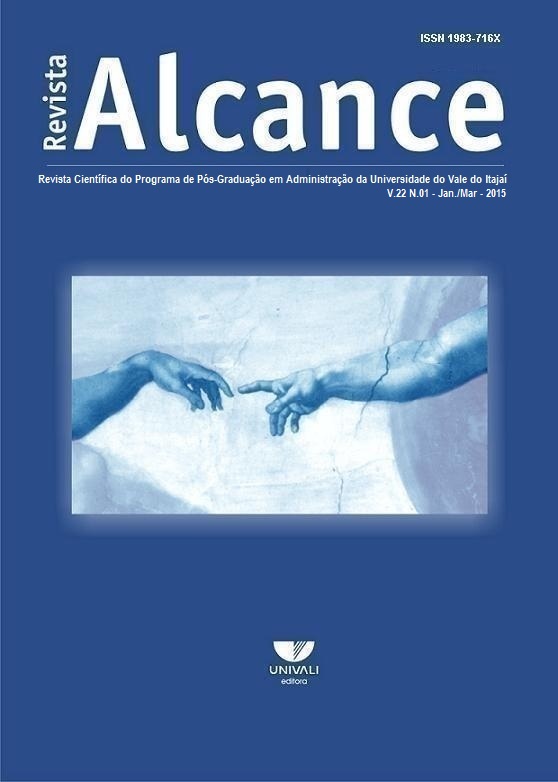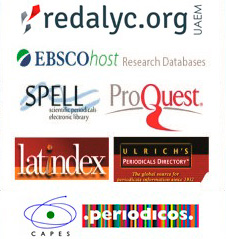A NOÇÃO DE SUJEITO DA PÓS-MODERNIDADE E AS SUAS IMPLICAÇÕES PARA A ANÁLISE DE DISCURSO / THE NOTION OF SUBJECT IN POSTMODERNITY AND ITS IMPLICATIONS FOR DISCOURSE ANALYSIS
DOI:
https://doi.org/10.14210/alcance.v22n1.p005-032Resumo
A construção deste artigo surgiu da necessidade de compreender a análise de discurso – presente na prática da pesquisa nos estudos organizacionais –, considerando as transformações epistemológicas e factuais originárias das transformações na concepção de sujeito discursivo impostas pela sociedade pós-moderna. A partir das características epistemológicas e da época pós-moderna, objetivamos analisar a substituição da noção de sujeito da modernidade – o sujeito freudiano e kantiano – pela noção pós-moderna de sujeito perverso (psicotizante). Essa passagem questiona os pressupostos modernos das práticas de interpretação discursiva. Primeiramente, estabelecemos o debate necessário sobre a superação do tradicional dualismo na noção de sujeito determinado versus sujeito autônomo. A superação desse dualismo torna-se vital para a construção, em seguida, da noção de sujeito perverso (psicotizante) - característico da era pós-moderna. Na constituição desse sujeito, iniciamos, com a filosofia-sociologia pós-moderna, a descrição do sujeito autorreferência. Em seguida, buscamos, na psicanálise, o entendimento da substituição do sujeito neurótico pelo sujeito perverso. E, por fim, estabelecemos o questionamento dos possíveis impactos dessas transformações sobre as práticas metodológicas de interpretação discursiva, acompanhado do alerta sobre as mudanças que atingem a análise de discurso nos estudos organizacionais. Palavras-chaves: Pós-modernismo. Pós-modernidade. Sujeito. Abstract The construction of this article arose out of the need to understand discourse analysis – which is present in research practice in organizational studies - considering the epistemological and factual transformations arising from transformations in the concept of discursive subject imposed by post-modern society. We sought to analyze the replacement of the notion of the subject of modernity – the Freudian and Kantian subject – with the post-modern notion of perverse subject (psychotizing), questioning the modern premises of the practices of discursive interpretation. First, we establish the necessary debate on the overcoming of the traditional dualism of the notion of determined subject versus autonomous subject. Overcoming this dualism is vital for the subsequent construction of the notion of perverse subject (psychotizing) - a characteristic of the post-modern era. In the construction of this subject, we start with the post-modern philosophy-sociology, the description of the self-reference subject. Next, we look to psychoanalysis, for an understanding of the replacement of the neurotic subject with the perverse subject. Finally, we establish the questioning of the possible impacts of these transformations on the methodological practices of discursive interpretation, giving a warning about the changes that affect discourse analysis in organizational studies. Keywords: Postmodernism. Postmodernity. Subject.Downloads
Publicado
2015-09-09
Edição
Seção
Artigo


